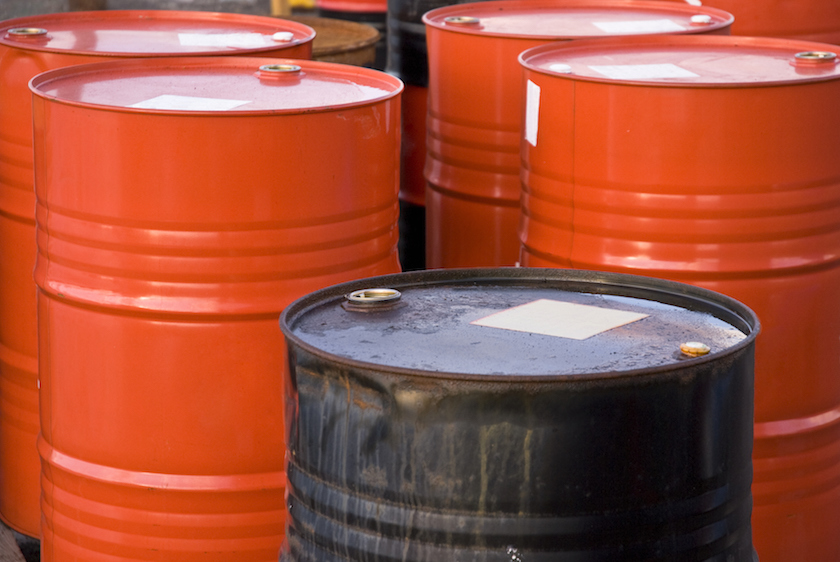Nigeria aims to produce 1.8 million barrels per day of production in the near future, Nigerian National Petroleum Corporation (NNPC) group chief executive officer, Mele Kyari has said.
The country could reach 2.2million bpd by the end of this year, he continued. The executive was speaking at the Global UAE Energy Forum. At the end of December, Nigeria was producing 1.519mn bpd, he said.
Nigeria struggled to achieve its OPEC quota in 2022, Kyari said. The country had a “different challenge” to the rest of the world, he noted, with security issues undermining production.
“We took definite steps to increase production and this is paying off. Around July, our net crude oil excluding condensate came down to around 1mn bpd. That has been restored,” Kyari said.
The government took “very practical steps” around pipeline security, he continued. In August 2022, a high-ranking delegation struck a deal with a former militant turned security contractor to crack down on oil theft.
“It’s practical to hit 2.2mn bpd in 2023, this is practical. It’s a moving target,” Kyari said. “There are a number of projects that I have clear line of sight that can come on board in 2023.”
As production dipped, with an impact on revenues, NNPC’s ability to cover the fuel bill for Nigeria became more stretched.
“It’s a private company, yes owned by government, but just like any other private company like Chevron or Shell,” he said. “The relationship with the government in terms of supply of fuel is on a commercial basis.”
Delivering products to Nigeria has a value for NNPC, he continued, saying it was not a challenge.
“Work is under way to return the country’s four existing refiners to a point where they can help meet local demand, while the new Dangote Refinery is due to start up mid-year”, Kyari said.
Assuming these make the hoped for progress, Nigeria’s “national capacity will be around 1.1mn bpd. We do this, we will exceed our national demand so there will be a reversal of flow”, with Nigeria becoming an exporter of products.


